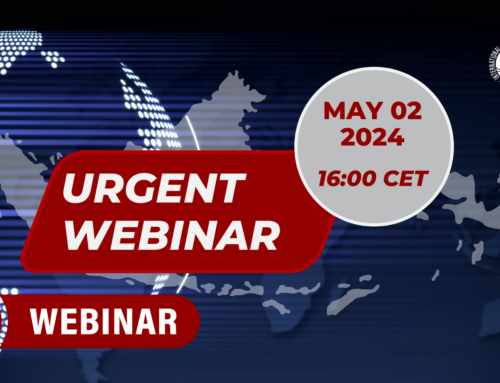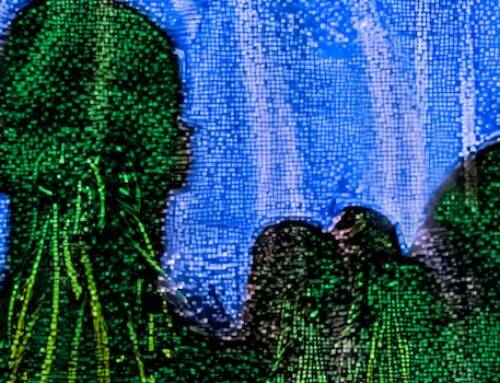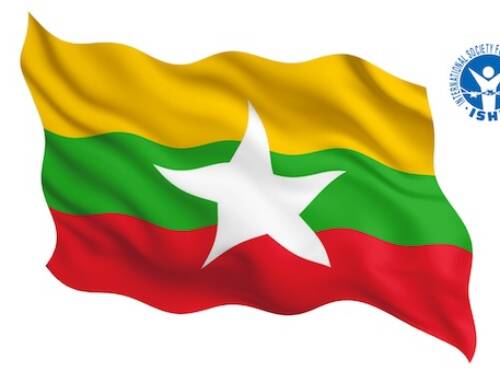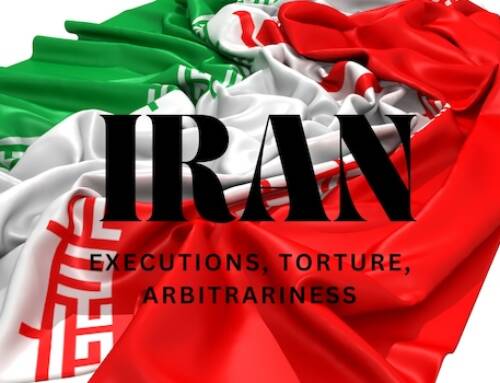Senegal

Senegal, in the aftermath of one of the biggest political crises in its history
The international community must remain attentive to the weakening of Senegal’s oasis of democratic stability in West Africa
Ex-Senegal president Macky Sall, by a declaration of February 3, 2024, postposed the elections, which had to take place on February 25, 2024. This announcement crystallized the tensions that were already existing within Senegal’s society.
However, ten days later, the constitutional council invalidated this decision and enjoined the executive power to define a new ballot date. The president, Macky Sall, didn’t answer it positively, kipping the country into an unstable position, especially as his term was ending on April 2, letting citizens fear a putsch.
This threat appeared particularly valid since democratic and human rights pillars were regularly violated in the context of protest repressions. Indeed, in three years of democratic instability, more than 40 protesters were killed, and hundreds were imprisoned for their political opposition and beliefs. ISHR and the international community condemned the undermining human rights of yet one of West Africa’s most stable democracies. De facto, from 2021 to 2024, Senegal went through episodes of riots, clashes, and looting due, in part, to the opposition between the Ousmane Sonko side and the ruling power.
Besides, the ex-president Macky Sall responded to the crisis with a ‘national dialogue’ policy. On the other hand, to appease tensions, an amnesty law was passed. This text gives amnesty for all offences or crimes, whether judged or not, committed between February 1, 2021, and February 25, 2024, “relating to demonstrations or having political motivations.” Still with the same will, on February 15, 2024, the ex-president liberated 350 political prisoners arrested during the violent manifestation between 2021 and 2023.
Despite all this, after a month of political uncertainty, the constitutional council decided to organize the elections on March 24, 2024. The candidatures of major opponents like Abdoulaye Wade’s son (Karim Wade) and Ousmane Sonko were rejected by the council, which still authorized 18 candidates to compete for the presidency.
 Senegal Presidential Candidate Idrissa Seck Rally Supporters of Idrissa Seck, presidential candidate, carry flags during a rally in Dakar, Senegal, on Saturday, March 16, 2024.
Senegal Presidential Candidate Idrissa Seck Rally Supporters of Idrissa Seck, presidential candidate, carry flags during a rally in Dakar, Senegal, on Saturday, March 16, 2024.
A transition embodied by two faces of opposition
In this context, Ousmane Sonko, the principal figure of the opposition, let his discreet right-hand man, Bassirou Diomaye Faye, become a candidate. Two days after their liberation because of the amnesty law, the ex-leader of the African patriots of Senegal for Work, Ethics, and the Fraternity (Pastef) started their campaign with strong popular support.
This new personality in the Senegal political landscape is one of the ideologists and conceptors of Ousmane Sonko’s program during the 2019 presidential election. But this is only with the “Sweat Beauty” case in February 2021, as Ousmane Sonko is arrested because of a rape accusation, that Bassirou Diomaye Faye rose and became head of the party. The Pastef grew up and galvanized a major part of the youth but also a non-negligible part of grievors and the intellectual elite. During the short campaign, the program promises to struggle with corruption, face French neocolonialism, quit the CFA Franc, initiate institutional changes, renegotiate the European fishing treaty, and reevaluate oil and gas contracts that should be exploited by the end of 2024.
During the presidential election, Bassirou Diomaye Faye appeared to be the strongest opponent to the ex-prime liberal minister, Amadou Ba. Senegal had given 7.3 million people on March 24 the choice between political continuity (Amadou Ba) or rupture (Bassirou Diomaye Faye). On this very historical occasion, Senegal had to guarantee the credibility and transparency of its democratic institutions. To do so and to avoid instability, more than 2400 national and international observers supervised the smooth running of the election.
In this context, on March 24th, ten days after his release, taking advantage of his friend Ousmane Sonko’s popularity, Bassirou Diomaye Faye won the election in the first round with more than 54 percent of the votes.

Demonstration By The Senegalese Community In Italy Against President Of Senegal Macky Sall. People take part in a demonstration by the Senegalese Community In Italy against President of Senegal Macky Sall on February 17, 2024 in Rome, Italy.
A weakened democratic stability
After three years of democratic crises and agitation, Senegal citizens know the name of their new president and hope for radical changes in a democratic and human rights-respecting government.
ISHR strongly welcomes the victory of democracy and the Senegalese institutions against one of the major crises since Senegal’s independence in 1960. This victory can be understood as advertising for surrounding-state presidents who could be tempted (as ex-president Macky Sall) to extend their term by increasing the number of attempts to muzzle opponents and hinder the electoral process.
In this post-crisis context, President Bassirou Diomaye Faye tried to reassure international society that Senegal would always be a reliable ally and partner. The international community congratulated the new president and the conduct of the elections.
Still, Senegal, with over 18 million citizens, remains a vulnerable democracy to external and internal changes, especially since COVID and the fallout from the war in Ukraine, which dampened economic growth.
Mr. Faye takes the lead in a country where poverty affects at least one in three Senegalese, with official unemployment at around 20%, persistent inequalities, heavy debt, and high inflation. Investment has been slowed by three years of socio-political tensions.
ISHR recommends that careful consideration should be given to democratic foundations and respect for fundamental human rights and freedoms.





